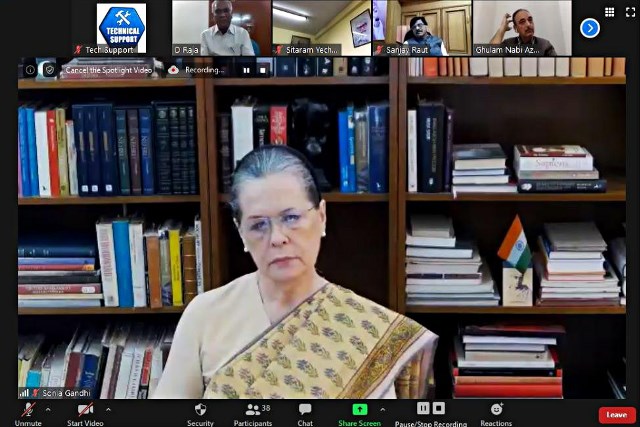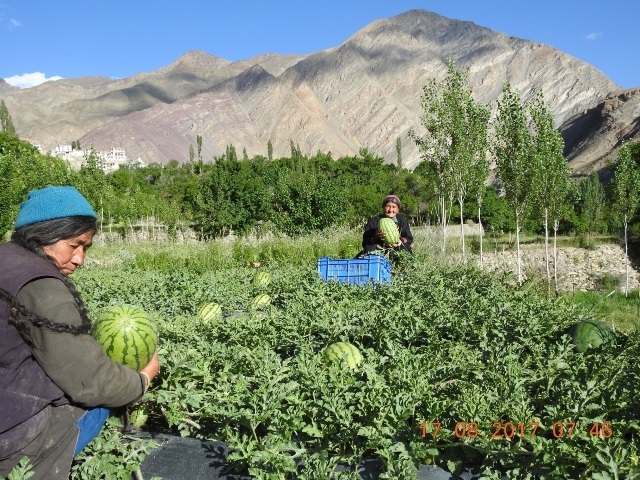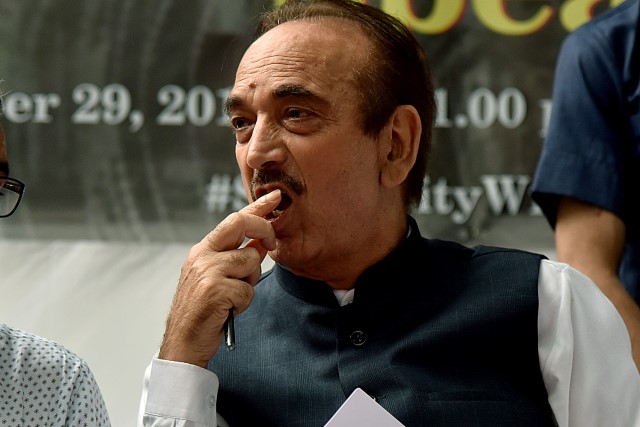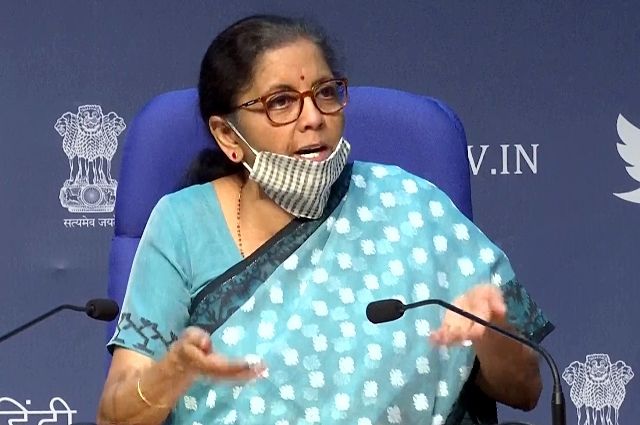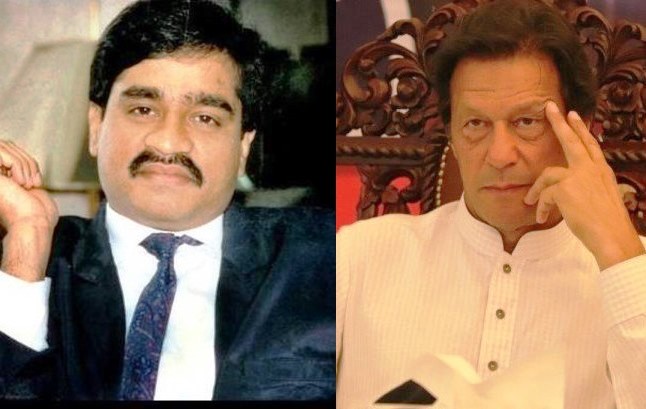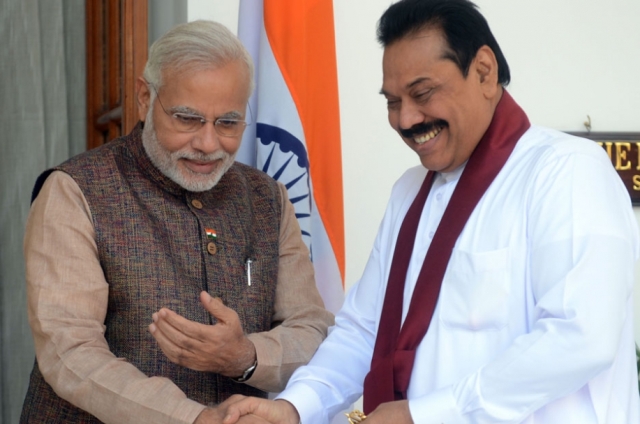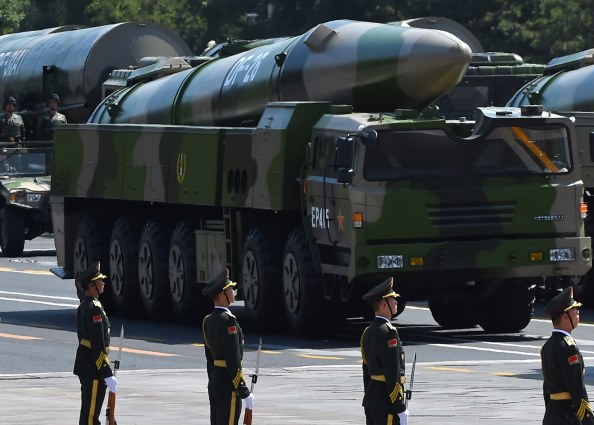Pakistan’s recent admission and subsequent denial of
designated global terrorist Dawood Ibrahim, who is accused of the 1993 Mumbai
serial bomb attacks that killed more than 250 and wounded 900 innocent
civilians, is testimony to the pitiful state Pakistan has got herself into.
Not only that this demonstrates Prime minister Imran
Khan’s desperation for seeking financial aid (admitting that Dawood is in
Pakistan) but it also reveals that the civilian government and military
establishment (which denied Dawood’s presence) are no more on the same page as
proclaimed by Imran Khan on July 27, 2018, when his party, Pakistan Tehreek e
Insaf (PTI), won the general elections.
In July 2018, Pakistan was accused by the Financial Action Task Force (FATF) of not
doing enough to counter terrorism and subsequently was put on FATF’s grey list.
The FATF is an international watchdog against money laundering and financing of
terrorism. It is only after the approval of that millions of dollars in grants
and aid are given to countries combating terrorism. The next session of FATF,
which has seen delays due to the COVID-19 pandemic, is due again shortly.
Pakistan has been on the grey in 2008, 2012 and 2015
as well. Her consistent failure to combat money laundering and terror financing
is directly linked with the way, in which Pakistani military dominates and
manages politics and business both at home and abroad. Over the past four
decades, the Pakistan army has been financing jihad from Afghanistan to the
Kashmir Valley. The anti-Soviet jihad of the 1980s, as well as violence in
Kashmir, required an uninterrupted flow of capital. This was earned through
drug trafficking.
To start with, Pakistan’s military and the ISI treated
Pakistan as a domestic market for the consumption of heroin. The 1980s saw
hundreds of thousands falling prey to a drug culture that was encouraged by the
Pakistani military establishment.
The governor of the then North Western Frontier
Province now Khyber Pakhtunkhawa, Lt. Gen. (R) Fazal Haq allegedly became the
drug lord and under his direct supervision the military transport department
called the National Logistic Cell (NLC), a transport network was set up across
the country that would deliver heroin from Afghanistan and the tribal belt in
the northwest of the country to the southern seaports in Karachi from where it
was smuggled all over the world. The drug business now went global.
Monies earned through drugs were then paid for
establishing vast Jihadist terrorist infrastructure across the country, which
included funding for setting up Islamic seminaries (madrassas), buying
properties to harbour jihadist, bribing politicians, journalists, judiciary and
parliamentarians.
However, the monies pouring in through drug smuggling
was in such enormous quantity that it became crucial to look for investment
opportunities abroad. Hence, hundreds of businesses and properties were bought
up in Europe, the Middle East and in America under pseudo names. This gave rise
to a new culture of money laundering. The case of Pakistani model Ayyan Ali
who, while boarding a private jet to Dubai on March 14, 2015, was caught by the
Airport Security Force at Islamabad International airport with a suitcase
containing $506,800 was just the tip of the iceberg of the money laundering
network.
In July 2012, customs officer Habib Ahmed revealed at
an international conference organised by Pakistan that “over 200 tonnes of
heroin is smuggled via Pakistan a year”. During that period 6,000 tonnes of
opium was grown in Afghanistan, which amounted to 90 per cent of the total
global produce. Inter-Services-Intelligence (ISI) and the Pakistan army
established a worldwide network of handlers who became responsible for the
distribution of the drug merchandise. It was in this backdrop that Dawood
Ibrahim was brought on board the Pakistan military drug cartel.
Pakistan’s military used its handlers for acts of
terrorism as well. In fact, these handlers became an extended arm of Pakistan’s
foreign policy manoeuvres. In this regard, Dawood Ibrahim is accused of
masterminding the plot hatched by the ISI to create havoc in Mumbai by blowing
up several bombs simultaneously across the city. Mumbai attacks came at such a
time when Pakistan, through its proxies like Yassin Malik, Shah Geelani, and
other jihadists, was increasing its terrorist activities and heroin smuggling
across the border into Kashmir.
Dawood Ibrahim moved to Pakistan from where he
continued to operate through his clandestine network spread across India.
However, due to the backbreaking work of Indian intelligence and Mumbai police,
most of Dawood’s network got busted. The funding of ISI terrorist activists, by
the D-Syndicate headed by Dawood, gradually dried up and from being a chicken
laying golden eggs he turned into a liability for Pakistani military
establishment.
Dawood Ibrahim was designated a global terrorist by
India and the US in 2003 with a head money of $25 million for his alleged role
in Mumbai attacks. So, what forced Pakistan to release a list of 88 terrorists,
which included Dawood Ibrahim’s name, and who were living in Pakistan, to
declare that their assets had been frozen? Firstly, the Indian government,
based on intelligence gathering, has ample proof that Dawood is living in
Karachi so it has become a fact that Pakistan cannot deny. Secondly, Dawood is
no more an asset for Pakistan and has become a liability that is costing them
international support against terrorism, and finally the upcoming FATF session,
which most probably will not pull Pakistan out of the grey list, hence, the
worry that Pakistan will not get and financial assistance.
It is in the above-mentioned backdrop that a rift has
now emerged between the Imran Khan government, which is desperately seeking
international financial help to save its debt-ridden economy from sinking
further, and the military who fear handing over Dawood to Indian authorities
lest he brings to light the atrocities his D-Syndicate committed on the
directives of the ISI. Therefore, on one hand, Imran Khan wants to get rid of
Dawood to attract the FATF grant but the Military, on the other hand, wants to
keep Dawood to protect its own skin.
ALSO READ: Pakistan’s
Diplomatic Downfall
The Pakistan military would love to see Dawood Ibrahim
dead. But if he is assassinated on Pakistani soil it could put Pakistan on the
blacklist of FATF. Perhaps this is why the military procured a new Commonwealth
of Dominica passport for Dawood Ibrahim. Once out of the country Pakistani ISI
can then get him assassinated and throw the blame on India. But now even that
possibility seems a farfetched dream since Indian intelligence has already
busted ISI’s plan to re-locate their henchman to the Caribbean islands making
it impossible for Dawood to travel to that part of the world.
The division between the civil government and the
military establishment in Pakistan over handing over Dawood Ibrahim poses a
direct threat to Imran Khan’s continuing as the prime minister. In the past
ex-prime minister Zulfikar Ali Bhutto was overthrown and hanged by the military
and his daughter, twice the prime minister of the country, Benazir Bhutto and later
Nawaz Sharif, three times the prime minister of Pakistan, have all be ousted by
the military once their differences failed to resolve through dialogue.
If the military dethrones Imran Khan it might also put
an end to the vile state of Pakistan. With armed insurgency in Baluchistan,
guerrilla fighting in Sindh, Pashtuns open rebellion against the army’s high
handedness, and the recent spate of protests across PoK and GB it seems highly
possible that any attempt of dethroning Imran Khan will be the last gasp of a
dying state its evil military apparatus. In the final analysis, Pakistan is in
a pitiful state.
Dr
Amjad Ayub Mirza is an author and a human rights activist from Mirpur in Pakistan
occupied Kashmir. He currently lives in exile in the UK. (ANI)
